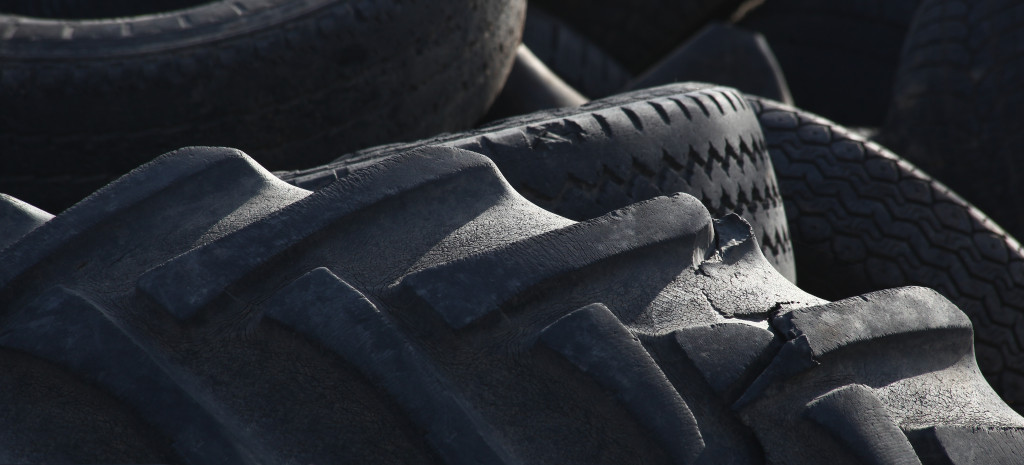Every household contains more than one rubber product. Each individual likely holds at least one rubber product in their person, too. From tires to the soles of our shoes, rubber has created tons of products useful for everyday life. As such, it can be easy to assume to selling rubber products will make a profitable business.
But that’s also where the problem may lie. Everybody already owns a good quality rubber product. Businesses that sell them have been around for decades. If you’d only venture into this business sector now, what will it take it to outperform your strong competitors?
To answer the question in the title above, yes, manufacturing rubber can absolutely be a profitable business. It is an over-saturated industry for sure, but if you give what the consumers want, you’ll have a good shot in rubber manufacturing.
Here are some ingenious strategies to consider:
Focus on Sustainable Rubber
Today’s consumers are more conscious of their purchases. They would rather support companies with social responsibility. And as a big contributor to pollution and climate change, businesses are urged to adopt sustainable practices. Hence, by heeding this call, consumers would perceive your business positively.
Luckily, natural rubber is a sustainable product. It comes from the sap of the rubber tree. The sap is called latex, which is used to create many personal products like surgical gloves and kitchen gloves.
Synthetic rubber, on the other hand, is petroleum-based. Other chemicals are also used to make them, hence they’re not sustainable.
But the sustainability of rubber isn’t black or white. Over the years, irresponsible farming methods have reduced the sustainability of rubber. Deforestation has depleted the number of rubber trees available. So much so that the EU has included rubber in their list of critical raw materials.
Aside from irresponsible farming and deforestation, climate change and disease have also affected the supply of rubber. It would’ve been easy to find rubber suppliers. There are many of them in Southeast Asia, including Thailand, Indonesia, and the Philippines. China and West Africa supply them too. However, the low prices of rubber, which are regulated by the Shanghai Futures Exchange, are forcing many farmers to give up the crop.
Despite everything, though, it’s not impossible to produce sustainable rubber. To avoid its negative effects, plan your land use based on a solid understanding of rubber farming. You can seek resources from local governments and research institutes. In addition, obtain permission from the communities in the indigenous lands. Provide jobs for people fit to work, and compensate them fairly. Abide by the laws and avoid resorting to unethical labor practices to reduce costs.
Focus on Quality, Not Quantity

Since rubber products are cheap, you may think mass-producing a specific product is the way to maximize profit. That’s not entirely false, though. However, there are enough manufacturers of wholesale rubber already. If your sustainable methods can be a strong selling point, then you may take the risk of selling to rubber retailers. But if you’d rather be a B2C business, focus on the quality of your rubber products instead of the quantity per price.
You can make many everyday rubber products feel more premium than usual. For example, if you’d sell floaters, beach balls, and other swimming accessories, make the material feel sturdy but lightweight. If you’d sell pet products, like teething toys and food bowls, make the material thick and resistant to pressure. High-quality rubber products that are also produced sustainably will get positive attention. They may be priced higher, but customers would know what they are paying for.
Be Transparent About Your Production Process
Many companies can claim that they’re sustainable. But without proof, consumers could assume they’re just greenwashing. Hence, be transparent about your rubber production process. Even if it’s not 100% eco-friendly, what’s more important is your responsible farming and fair labor practices.
Show your customers how you process rubber. You don’t have to demonstrate the step-by-step process. Only show how you change the consistency, tensile strength, and texture of rubber, for example. During the vulcanization of rubber in an autoclave, consider filming an educational video about what sulfur does to the rubber. This would help break many notions that using chemicals is automatically bad.
Your commitment to sustainability, providing high-quality products, and transparency would make your business a positive force in society. Your products may be a commodity, but the sincere story behind them can move many consumers. Keep promoting sustainability, because we’re running out of time to save the planet. Prove that businesses also have what it takes to care for the environment.

